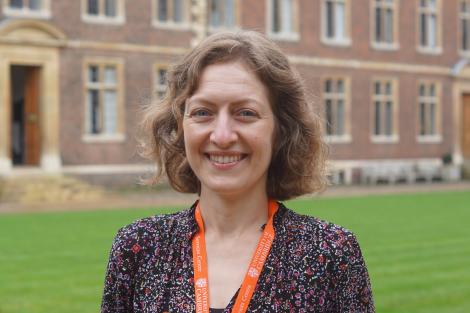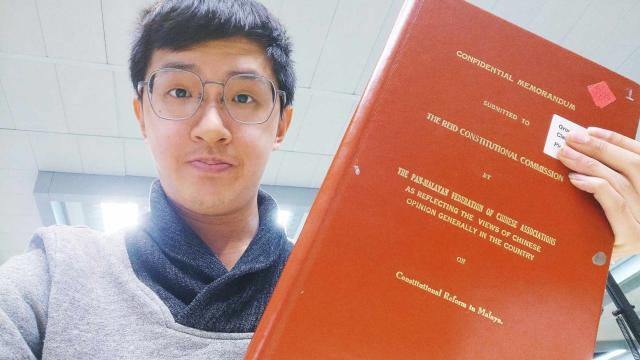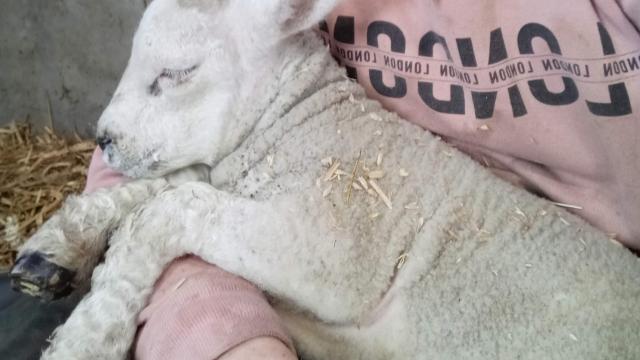
St Catharine’s welcomes the appointment of Dr Maria Dias as a new Neurodiversity Adviser at the University’s Accessibility and Disability Resource Centre (ADRC). During a two-year pilot, Dr Dias will be embedded at St Catharine’s and work alongside our Tutors, Directors of Studies and Health & Wellbeing Team to support our community – the first partnership of this type between the ADRC and a Cambridge College.
Neurodiversity is commonly used as an umbrella term to cover Autism, Attention Deficit (Hyperactivity) Disorder (ADHD) and Specific Learning Difficulties (SpLDs) such as dyslexia, dyspraxia, dysgraphia and dyscalculia.
The Neurodiversity Project Group at St Catharine’s first identified the benefit of embedding a Neurodiversity Adviser in the College community and partnering with the ADRC. The research project is coordinated by Fellow Commoner Lady Lyn Welland (2020) and supported by a generous donation from two Honorary Fellows: Peter (1974, Natural Sciences; Honorary Fellow 2019) and Christina (2016; Honorary Fellow 2019) Dawson.
Dr Holly Canuto (2020), Senior Tutor at St Catharine’s, welcomed this new initiative:
“This exciting partnership with the ADRC is just one of the ways that St Catharine’s is remaining at the forefront of College-based student support initiatives in Cambridge. This pilot project will strengthen the support available to our students and ensure we are welcoming and inclusive of neurodiversity in our community. Thank you to my colleagues on the Neurodiversity Project Group for laying the foundations for Dr Dias to be embedded here for the next two years.”
The ADRC’s existing team of 12 advisers already supports around 5,800 students from across the University, with the number of students rising incrementally each year. This new pilot project adds to the team and enables the ADRC to conduct research to understand and improve neurodiverse students’ access to support via the Cambridge Colleges, Departments and Faculties, and the ADRC itself.
Dr Helen Duncan, Senior Neurodiversity Adviser at the ADRC, said:
“We are extremely excited to be working on this collaborative endeavour with St Catharine’s College. The project provides a unique opportunity to develop an evidence-based model of best practice of support for neurodiverse students, which we can then share with the wider collegiate University and the Higher Education sector more generally.”
Dr Dias is medically trained and was until recently Student Welfare Advisor and Bye Fellow at Lucy Cavendish College, Cambridge. The focus of her time at St Catharine’s will be to:
- Provide timely support for neurodiverse students within the College environment;
- Work with the Neurodiversity Project Group to explore and strengthen the ways in which neurodiverse students are supported throughout their time at St Catharine’s;
- Evaluate the benefits of embedding this support within the College; and
- Access training and professional advancements to enhance the support for students.
Her work will support the whole community at St Catharine’s, including students who have already been assessed and have a neurodiversity diagnosis as well as students who would simply like to find out more about neurodiversity. In addition, she can assist with queries relating to any aspect of neurodiversity, from exploring neurodiversity assessment and support with students to offering advice on making teaching and learning materials more accessible for neurodiverse audiences.
Dr Dias commented, “It is fantastic to be working so closely with the St Catharine’s community to offer timely, targeted support from the ADRC and College for neurodiverse students. Effective support helps students to enjoy achieving their goals at University and to grow personal wellbeing insights and skills that support their life beyond their studies.
"If anyone at Catz would like to contact me with neurodiversity queries or book a chat please use neurodiversity@caths.cam.ac.uk. I would also love feedback on what’s working well and less well for neurodiverse students, including any ideas for new activities that would be welcome at Catz. I look forward to hearing from others and to working together over the next two years!”
The ADRC provides advice and support to Cambridge students with any physical health, mental health or learning difficulty that is affecting their studies. Students can self-refer for general ADRC support or screening for Autism/ADHD/SpLDs, or arrange a referral by asking Dr Dias, their Tutor or the College’s Health & Wellbeing Team.




